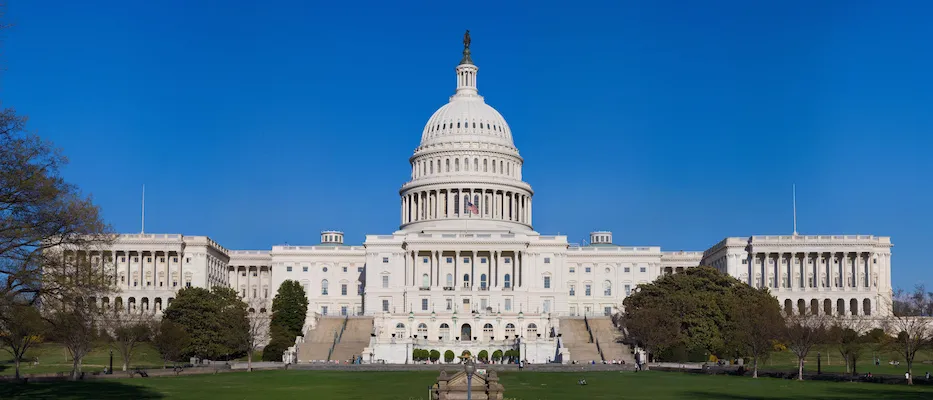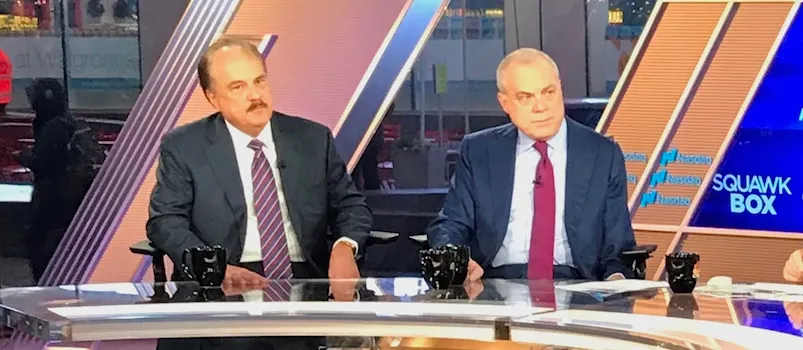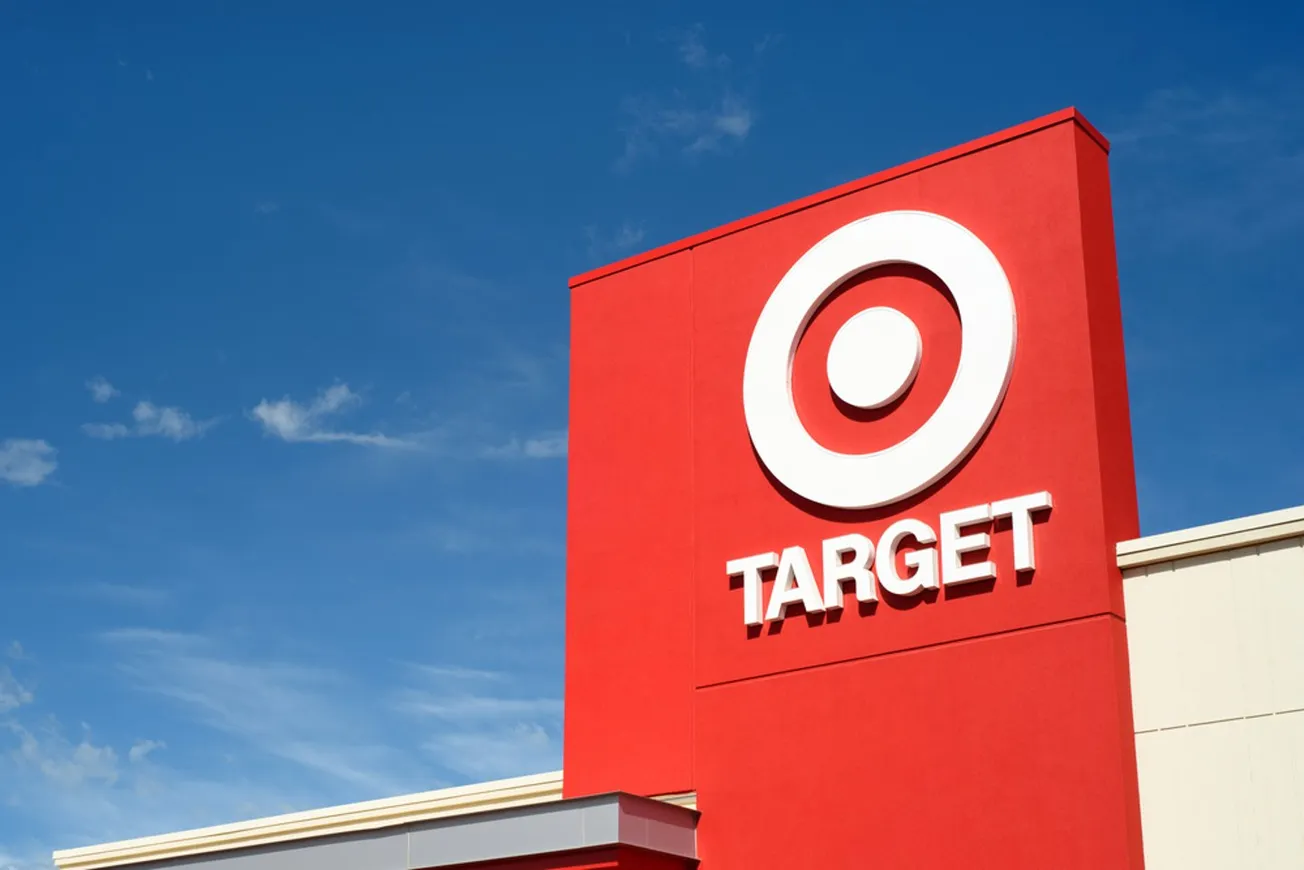ARLINGTON, Va. — Forty-nine members of Congress are urging House and Senate leaders to support a one-year extension of the TRICARE Acquisition Cost Parity Pilot Program for retail pharmacy.
The National Association of Chain Drug Stores said late Wednesday that the bipartisan group of lawmakers — led by Reps. Buddy Carter (R., Ga.), Dave Loebsack (D., Iowa), Doug Collins (R., Ga.) and Peter Welch (D., Vt.) — sent a letter this week to members of the House and Senate conference committee on the Fiscal Year 2018 National Defense Authorization Act calling for support of a provision to extend the authorization for the TRICARE pilot.

The Department of Defense (DoD) authorization to proceed with the pilot expired on Oct. 1. The letter noted that more time for the DoD to consider the benefits of the pilot would enable it to develop an effective implementation strategy.
“NACDS applauds Congress’ engagement in advancing this pilot program that has such strong bipartisan support in Congress and among TRICARE patients. We thank Rep. Buddy Carter, Rep. Dave Loebsack, Rep. Doug Collins and Rep. Peter Welch for taking the lead on this letter, and we are also grateful to all those who signed it,” NACDS president and chief executive officer Steve Anderson said in a statement.
“This pilot has the potential to improve the health outcomes of our military families and veterans while also reducing costs for the Department of Defense,” Anderson stated.
Under the concept being tested in tested in the pilot, the Department of Defense (DoD) would buy prescription drugs dispensed by any retail pharmacy in the TRICARE network — including community pharmacies — at the lowest price available to the department. Currently, the DoD purchases drugs dispensed at mail order and military treatment facilities (MTFs) at a cost not available for prescriptions dispensed by retail pharmacies.
“The pilot will provide TRICARE beneficiaries with better access to pharmacist care and freedom to choose where to fill their prescriptions,” according to the lawmakers’ letter.
They added that the pilot would generate “significant cost savings” via through lower administrative fees and the elimination of acquisition cost disparity among pharmacy service locations by giving the DoD the authority to require branded drugs dispensed in a retail setting to be purchased at the much lower rate than currently being paid for the same medications dispensed in mail or MTFs.







